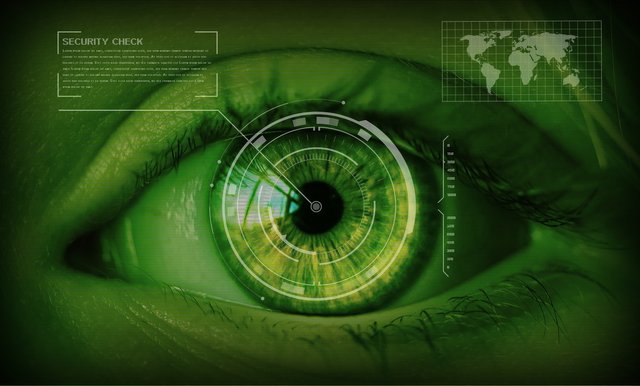Biometrics- Ethical and Legal Considerations for a Booming Technology

Biometrics- Ethical and Legal Considerations for a Booming Technology
https://www.bbc.com/news/technology-61896187
https://www.aclu.org/news/privacy-technology/how-is-face-recognition-surveillance-technology-racist
Pixabay
Biometrics is a growing technology field with many players and a host of ethical and legal considerations. Large companies including Amazon, Apple, Microsoft and IBM have been investing into biometrics technology for its convenience and use cases. According to Statista, the market for biometric technology is approximately $42 billion and growing. Issues related to data usage and privacy must be addressed before biometrics becomes even more of a part of the technology landscape.
Biometrics are biological and behavioral identifiers that can be used to monitor us and provide security for our devices and accounts. Biometrics can be biological, and include our fingerprints, face, voice, DNA, the way we walk and how we move. Biometrics is a broad disciple, and is being touted as a way to “never need a password again”. Biometrics are already being used to unlock phones, track people of interest and serve as a password to unlock accounts and other devices. Biometrics is quick, easy to use and requires users to put their trust into the system.
There are obvious and subtler ways in which biometrics can pose legal and ethical issues. Biometrics can be collected without consent, and the eye can be scanned 30-feet away. Voice signatures can be collected by criminals over the phone, and companies store information including fingerprints and body scans. The facial movements of a suspect or job applicant can be monitored to approximate intent and enthusiasm, which can be used to make decisions about an individual’s future based on how they move. A face can be picked out from a crowd for law enforcement apprehension, but what if an error is made by the scanner? What if biometric data is used by thieves, and what if a thief resorts to kidnapping to open accounts with the purpose of theft? These are a few of the legal and ethical considerations we must address.
Currently, countries worldwide have privacy laws and data security laws to address basic aspects of biometric data collection. Discrimination based on biometric data analysis is also protected by civil rights law, and data collected for the purpose of law enforcement is also protected depending on the country and application. A big problem area is feeding the biometric data collected into artificial intelligence (AI) programs that will make decisions and take action based on the information they are given. In a major case in 2019, it was found that law-enforcement facial-recognition software misclassified people, and that up to 35% of black females scanned were not properly identified. The program algorithms made dangerous errors based upon faulty programming, and could result in miscarriage of justice. Data privacy is another issue we must solidify. Storage of these metrics must be air tight, and there is plenty of havoc hackers could spread with this data.
Biometric data collection and usage is a big and growing field. The technology and companies will catch up with the legal environment, and algorithms will be updated. Biometrics technology is being supported by some of the world’s biggest companies, and the future is one without passwords.
Posted on Hive, Blurt and Steemit